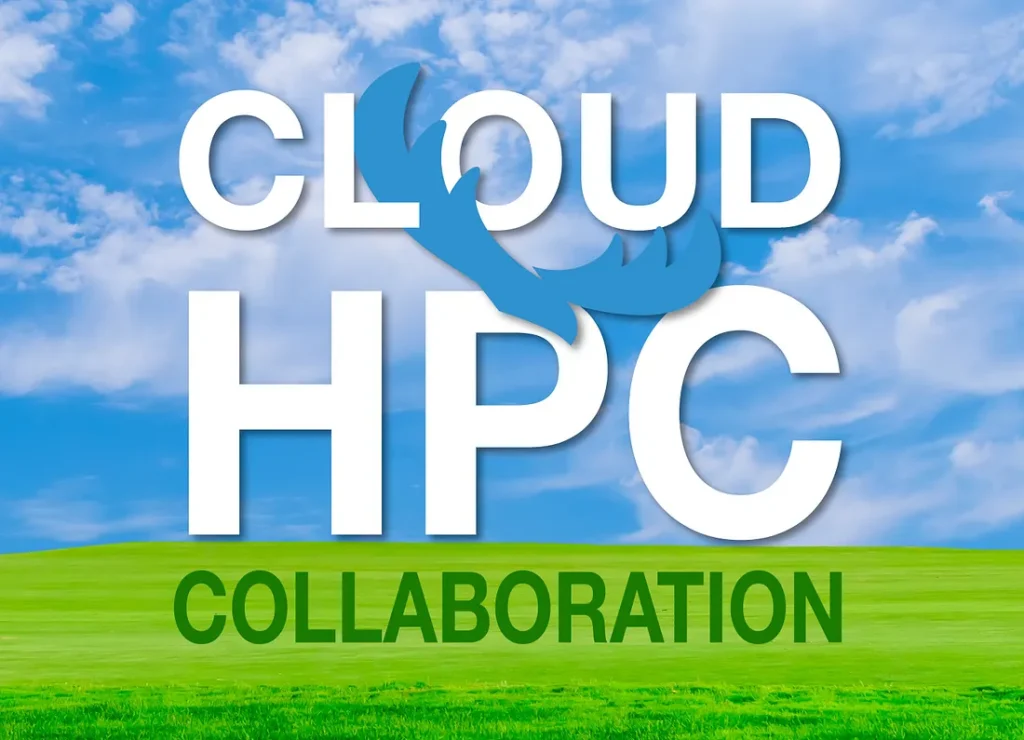Doing HPC all on your own is out — here’s why collaboration is in… and here to stay.
HPC services are getting more complex and diversifying — collaboration is now on the rise between companies and institutions looking to play to their strengths and help each other achieve.
When Intersect360 started giving regular online updates on the state of the HPC marketplace back in 2020 the team noted an ever-increasing category of ‘other’ showing up in response to their question on what institutions were spending their supercomputing dollars on. Diving deeper they noticed that a new services category was rising up in the HPC community. One which covered everything from utilising data centres off premises, to managed services, to cloud services, and more. In short, the team at Intersect360 has begun charting how HPC is evolving from a single-site state of being into a wider, more complex — and therefore more collaborative field to work in.
You can’t spell community without supercomputing.
Driven by increased complexity and novel usage in HPC gone are the days where a single person or even a small team could handle incoming workloads with ease. Instead, services, collaborations, and even entire new fields of work are emerging to spread the complexity burden in order to allow new concepts and ideas to flourish. In the past few years we’ve seen:
- The acceptance of cloud platforms as integral to HPC research.
- The rise of the role of Research Software Engineer as key to building flexible, resilient workloads.
- The use of Artificial Intelligence and Machine Learning in driving forward new techniques in scientific and engineering fields.
The pandemic has also put pressure on groups to find new ways to to work together across distances, something the Alces Flight crew witnessed firsthand with our work in HPC education over the last 12 months. This shift in complexity and novel concepts has changed how individuals and groups interact with supercomputing concepts — and rather than attempt to take on more in terms of hardware, new platforms, and new techniques — institutions are pulling towards their strengths and reaching out to coordinate on new and exciting ideas.
The POP x Flight Project
The team at Alces Flight fully understands the need to collaborate and partner in order to grow and expand the field of HPC research. That is why we’re participating in the POP x Flight Project with POP CoE. POP focuses on the optimisation of code and workloads and is backed by the European Union’s Horizon 2020 fund. Our project brings together the strengths of the POP team’s work in performance optimisation with our capability to quickly get our clients and partners up and running in HPC on public cloud platforms.
Over the next month POP will be accepting applications from any UK or EMEA institution who wants to collaborate with us on improving their code and seeing their work come to life on public cloud. This is a great opportunity for individuals and groups who find themselves at a point where they are ready to reach out and share their ideas with us about how HPC, code and public cloud should look in the future.
Applications are now closed.
Remember, we’re always available to talk about how you would like to build, transform, and grow your HPC solution – simply get in touch.


